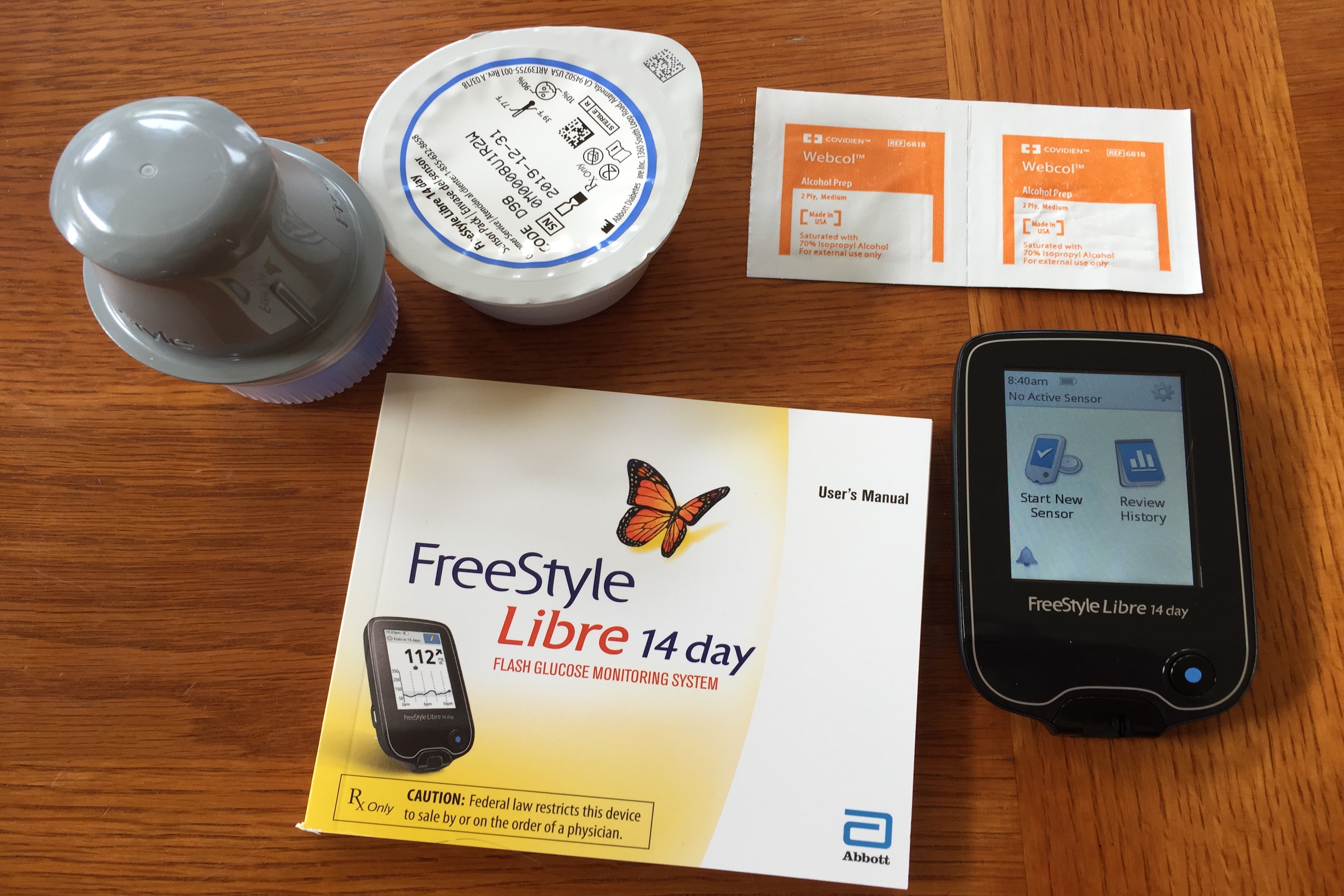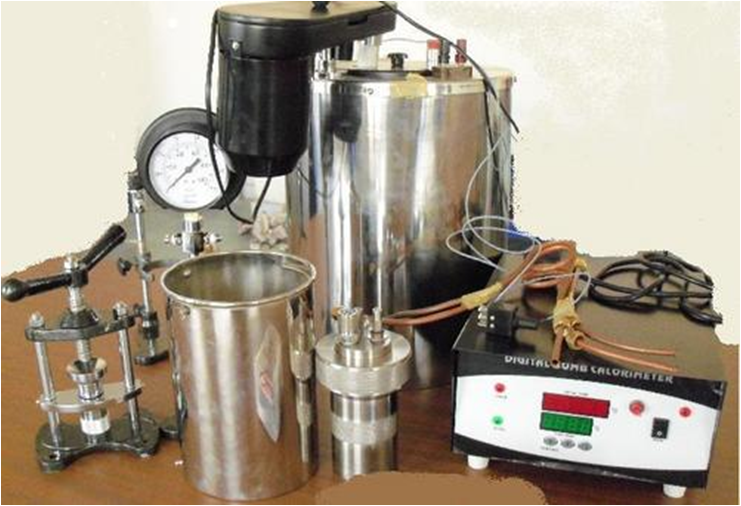
Metabolical
Of or pertaining to metabolism or metamorphosis; the processes underlying your cellular engine.The root causes of metabolic disease are fundamentally the same – poor nutrition.
The metabolic system is essentially our cellular engine, making (and destroying) all cells in our body, and therefore affecting all of the systems of the human body. Hypoglycemia is on a long list of metabolic disorders that have a complex range of causes but are primarily food-related disorders.
Understanding the root causes of metabolic disease is important, but so is understanding the root causes of metabolic “optimalness”. Currently, much of the attention is focused on the pandemic of metabolic diseases that is ravaging human health. There is a lot of fear and confusion in the conversation about diet and health. The science seems unsettled and unsettling. The concept of “wellness” has co-opted as a method to target the sickest among us and mitigate their costs, versus a paradigm shift in healthcare.
There is a huge gap between the research published in the academic journals and the magazines found on the rack at Whole Foods. On the one hand, you have scientific publications that are generally inaccessible to the general public, and on the other, you have magazines that are beautifully designed and loaded with enticing articles – that have little to do with science, or worse yet, take scientific information and and turn it into meaningless hyperbole. Nutrition science is often reduced to the vacillating, confusing, and whiplash-causing babble of nutritionism. How in the world is the average citizen supposed to make sense out of it all?
This section of the Hypoglycemia Support Foundation website offers stories that treat metabolical topics with depth and insight, written for the general readership, and written so that each article addresses the health of the individual, provides actionable intelligence – practical information that can be applied that is paradigm shifting and transformational.
FEATURE STORY
It’s All in Your Head
Ground-breaking research conducted by Dr. Linda Peterson provides remarkable insights into understanding
reactive hypoglycemia using electroencephalogram (EEG) technology.
Reactive hypoglycemia is one of the most complex and controversial conditions seen by practicing physicians. A patient might present as sociable, well-adjusted and clear-thinking one moment and crying, depressed or shaking the next. It is understandable that the clinician would diagnose the person as malingering or hypochondriac — perhaps even “crazy.”
Read the entire article by clicking here.
FEATURE STORY
The Freestyle Libre Can Liberate You
Self-Monitoring Technology Can Help Maintain Metabolic Health and Control the Blood Sugar Roller Coaster

One really hot topic right now is the use of Continuous Glucose Monitors (CGM), which have traditionally been used by Type I Diabetics for years. While most insurance companies do not currently cover the expense of the devices, the costs have come down and the technology is more available than ever for non-diabetics. Many doctors have been adopting the technology for themselves and their patients. Here is a fantastic in-depth article by Dr. Cucuzzella describing his experience with one of the devices: the Abbott Freestyle Libre.
Read the full article by clicking here.
DEBUNKING JUNK SCIENCE
Dropping the Bomb on the “Energy Balance Hypothesis”

Bomb Calorimeter – Device used to measure calories
Eight primary diseases related to metabolic dysfunction account for a staggering 75 percent of the healthcare costs in the US. In order to escape culpability for their role in the pandemic of metabolic disease, food and beverage corporations have diverted the focus of responsibility to the consumer by hiding behind a pseudoscientific concept called “energy balance”. They have used this narrative to dominate the conversation about food and fitness for decades, wielding this so-called “science” to discredit any and all who would dare challenge them.
What is the myth of energy balance?
NUTRITION MYTHS AND MISINFORMATION
What if all calories aren’t the same?

So much of the dialogue on nutrition and health is driven my myths and misinformation. Here, one of the Hypoglycemia Support Foundation’s distinguished Advisors lays bare and deconstructs one of the worst story lines out there that is actually harming our health and serves as fodder for the food and beverage industry that is trying to convince you that it all all your fault – that you simply eat too much and don’t exercise enough.
All calories are the same, so just eat in moderation they say!
“Hogwash,” says Dr. Robert Lustig
Click here to read this mind-blowing story by Dr. Robert Lustig: A Calorie is Not a Calorie
A METABOLICAL PLAN
Ultra-processed food now dominates our diet, leading to a pandemic of metabolic disease

In every minute taken to read this document, someone is dying from preventable diet-related disease. More people have died from metabolic disease since 1980 than the [i]sum of all the world’s military conflicts combined. This is more than a burgeoning health issue – it is a [ii]national security issue with profound economic implications. The HSF seeks funding, support and partnership to develop much needed educational content and programs for medical professionals and their patients that focuses on metabolic health and nutrition – preventing, treating, and resolving diet-related issues. The urgency of this work has never been greater.
FOOD SUPPLY A BLACK BOX?
Unmasking America’s Food Supply
Dr. Robert Lustig and a team of researchers have invited the world to join an innovative citizen science project working to map out all of the sugar in America’s food supply.
The independent, volunteer-driven initiative — called the Sugar Matrix Project — was born when Lustig realized his initial “56 Names for Sugar” merely scratched the surface. By now, the UCSF endocrinologist is aware of at least 300 names for added sugar, and several hundred more might still exist.
BRING BACK THE SCHOOL KITCHENS
Mobile Kitchens and Model Programs Provide Essential Context for Teaching Nutrition in the Classroom

Nutrition textbooks will tell you need to eat your fruits, vegetables, whole grains, proteins, etc…, but textbook education does not teach children the essential lessons of living healthy and eating well. There is something powerful and life changing when children are given hands on education that is fun and applicable to their lives. To illustrate this point, a coach does not teach athletes how to perform by means of a textbook and chalkboard. There is some of that, but the real essence of learning comes when athletes practice and perfect their sport, working together as a team. The same principle should be used to teach children about health and nutrition.
Read more by clicking here.
PROCESSED FOOD DIET IS KILLING US
The United States has an Epidemic of Processed Food — and it’s Killing Us

Our modern food landscape is spectacular, isn’t it? Walk into the average grocery store, and it appears as if you’ve entered food nirvana. The aisles overflow with a dizzying array of items, from Oreos and Cheez-its to Kashi and Greek yogurt. The products call out from their home on the shelves, singing masterfully-tailored appeals to entice each kind of consumer. Some might be captured by the mouthwatering packaging, others by the impressive health claims… and for a number of us, it’s simply the memory of a taste we just need to experience again.
FEATURE STORY
The Unrecognized Connection of Hypoglycemia to Alcoholism
An often overlooked aspect of alcoholism: its relationship to your blood sugar and diet

Dr. Douglas M. Baird, a physician in South Florida, brought the hypoglycemia-alcoholism connection to light in his first presentation for the Hypoglycemia Support Foundation (HSF) in 1982, where this one pronouncement, to a spellbound audience, made a powerful and lasting impression. Dr. Joan Mathews Larson, author of 7 Weeks to Emotional Healing, agrees wholeheartedly. In an interview she had with Larry Hobbs, she stated: “It is an absolute must that alcoholics change their diet to control their hypoglycemia or they will never get their alcoholism under control…It is very clear that the success rate in stabilizing alcoholism is shamelessly low because one of the main contributing factors, hypoglycemia, is not being addressed.”
Read the full article by clicking here.
Metabolical?
Pertaining to metabolism, the process by which potential energy is released from food in the human body. Metabolism includes all the biochemical reactions involved in maintaining our living cells. Metabolism is a series of chemical reactions that are in a constant state of flow between catabolism – the breakdown of molecules to obtain energy – and anabolism – the synthesis of all compounds needed by the cells.

Our “metabolome” includes “both endogenous metabolites that are naturally produced by an organism (such as amino acids, organic acids, nucleic acids, fatty acids, amines, sugars, vitamins, co-factors, pigments, antibiotics, etc.) as well as exogenous chemicals (such as drugs, environmental contaminants, food additives, toxins and other xenobiotics that are not naturally produced by an organism”.
We are familiar with the expression “You are what you eat.” If you understand how the metabolic system functions, then you’ll realize that it is more accurate to say “You are what you metabolize”. “A calorie is not a calorie.” What you metabolize depends on many variables: the food matrix (is it intact?), the quality and contents of the food you eat, the status of your metabolic system, the flora in your gut, your stress levels, and even how much sleep you got last night. In the future, fields of emerging science such as molecular nutrition, personalized nutrition, nutritional cognitive neuroscience, and nutritional psychiatry will transform our physical and mental health, by focusing on our individual needs and metabolical state with cutting-edge science and technology tools.
This section of the Hypoglycemia Support Foundation will be transformed into an online magazine called “Metabolical.Me” in 2021!



